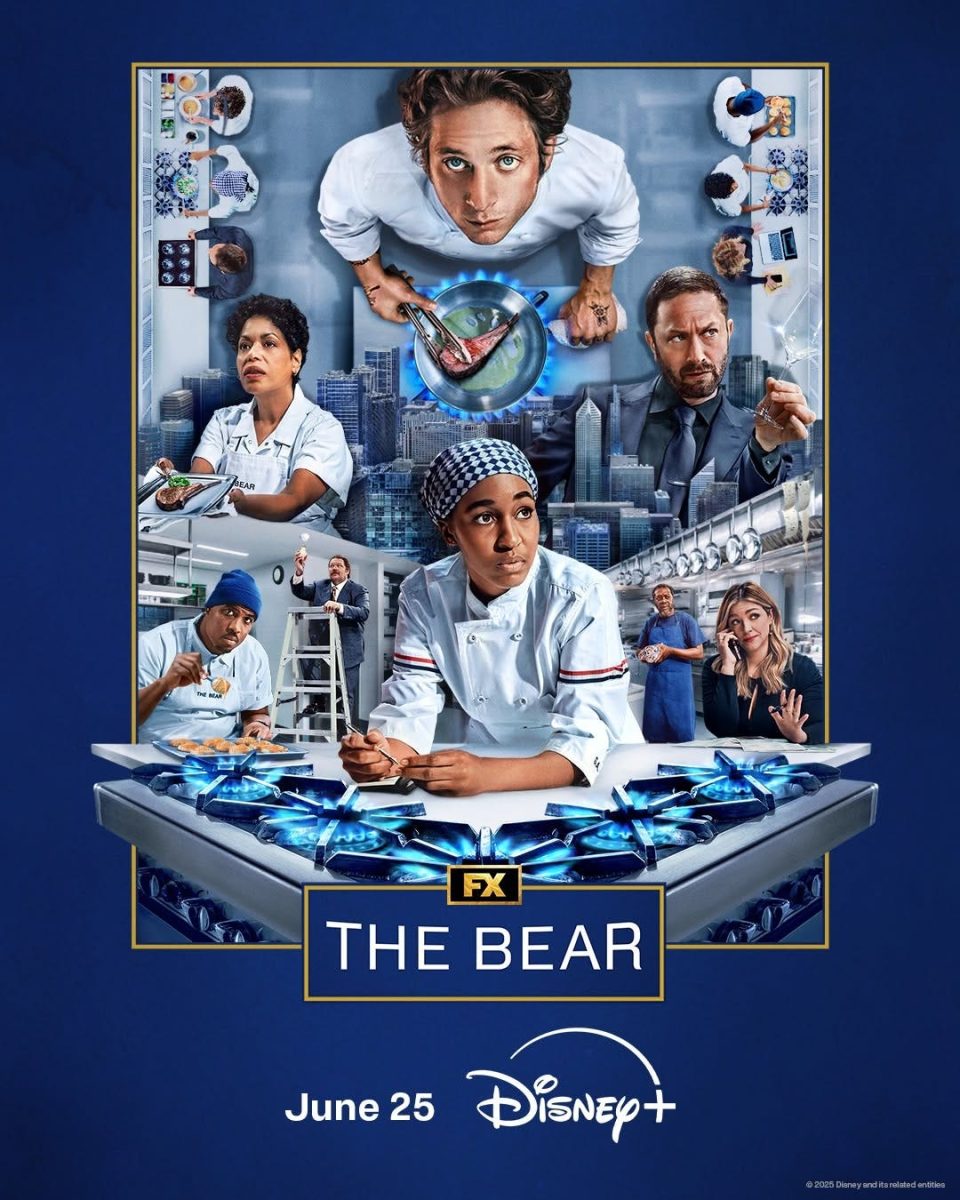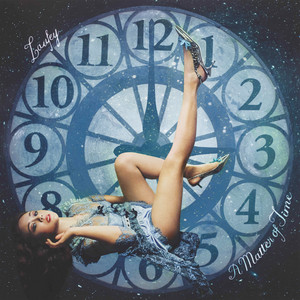After 25 years and 47 seasons, the most distinctive and enthralling American reality TV show, Survivor, has continued accumulating a myriad of awards and high ratings. As a group of strangers navigate their survival on an isolated island, they form alliances and vote each other out while competing for a $1 million prize. Despite its impressively extensive runtime, the show has not waned in popularity or reviews. A beloved host, controversial winners, and an official podcast are all products of this iconic, fan-favorite franchise.
Although I usually have exclusively positive things to say about Survivor, I noticed something that became increasingly evident in the most recent season that ran in the fall, Survivor 47. It seemed that most of the players, if not all, would classify themselves as “Survivor superfans.” This term simply means they have watched nearly every season of the show and have studied great players and strategies so that they can win the $1 million. For people unfamiliar with Survivor, you are probably confused about why this would present an issue. After all, the point of the game is to give yourself advantages in any way you can, and preparing yourself as a devoted viewer seems completely fair. Maybe it is fair, and even encouraged by the Survivor production team, but it takes away from the original, raw style of the game.
In the most recent season, for example, multiple contestants requested a hug from host Jeff Probst after being voted out. As nitpicky as it sounds, I miss the days of the show where after watching their torch get snuffed and saying their final words, contestants would walk off as if it was a tough loss rather than a broken dream. But after the show’s repeated success and passionate fanbase, it seems inevitable that any modern contestant could get voted off the island without viewing it as a crushing failure. Since the show’s first season, fewer people have played the game just because they wanted an adventure on an island with strangers, and more have competed because they wanted the perfect Survivor resume. The upside of Survivor superfans competing is watching the extremity of their knowledge of the game, as some contestants have created their own puzzles and challenge pieces identical to ones in past seasons. But if you’re reading this Jeff Probst, how about a season full of contestants with little knowledge of Survivor? Or maybe Superfans vs. Non-fans? It may appear unrealistic, but that has never proved to be a problem for the show’s production team.
So how has Survivor run for 25 years and why will it probably run for many more? The answer has to be that there is not anything else like it. There may be shows with similar premises, but Survivor just does it the best. The casting, challenge design, camera work, and audio quality are remarkable, especially when you consider that everything is happening live. From a fan’s perspective, I’m always looking forward to talking to my sister, or my teachers that follow the show, about each week’s episode and discussing who we think will be voted out next. When only the final three remain, I anticipate lots of debate, with fans defending their jury vote for the sole survivor and arguing why that contestant deserves the $1 million. Whether you tune in for moments of intense emotion or fierce competition, there is absolutely no reason for you to not be watching Survivor. And the tribe has spoken.










